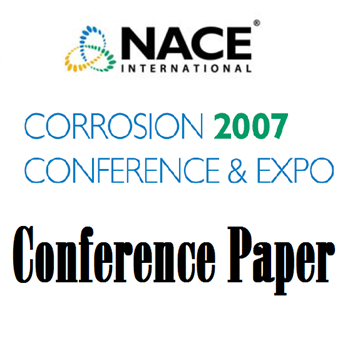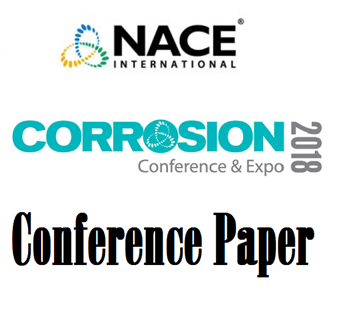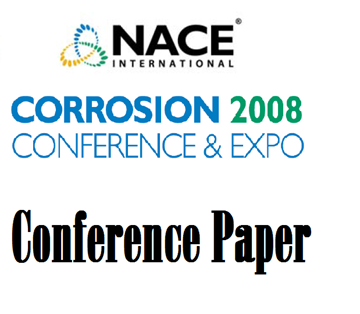Search
07421 Fabricating Nickel Alloy Products to Avoid Stress Relaxation Cracking
Also Purchased
07423 Control of Relaxation Cracking in Austenitic High Temperature Components
Product Number:
51300-07423-SG
ISBN:
07423 2007 CP
Publication Date:
2007
$20.00
51318-11046-The investigation of Incoloy 800H Relaxation Crack Mechanisms
Product Number:
51318-11046-SG
Publication Date:
2018
$20.00
08454 Stress Relaxation Cracking Of Welded Joints In Thick Sections Of Type-347 Stabilized Grade Of Stainless Steel
Product Number:
51300-08454-SG
ISBN:
08454 2008 CP
Publication Date:
2008
$20.00




